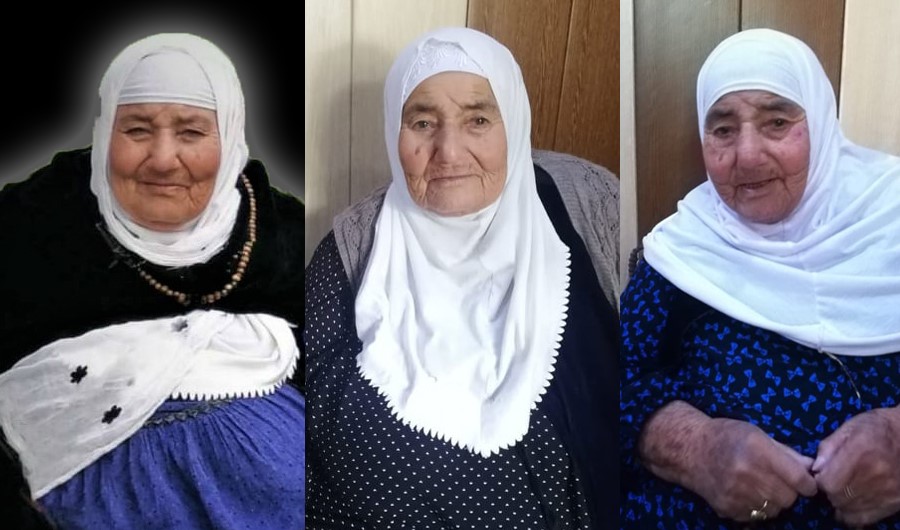“Hawija’s Beloved,” the woman who stood by the people of Hawija in good and bad times for three decades, died at the age of 100 on 5 August. Her death was not only a loss for her family, but for most of Hawija’s residents, some of whom even called her “the mother of Hawija’s children.”
Her name was Shamsa Sleman Ahmad Zangana. She was born in 1920 at a village called Yangija in Talaban area of Kirkuk’s Daquq district.
She was widely loved by the people of Hawija and was dubbed “Hawija’s Beloved,” due to wide range of volunteer work she had done, functioning as midwife, and cook at funerals processions and other social gatherings, washing the body of dead before burial (according to tradition) and even helping the displaced.
She was given that nickname from the time she moved to Hawija in 1967 at the age of 47 after losing her husband in the same year. She starts working there in a cotton field to raise her five children, the eldest being 14 at the time.
Members of her family say that she became a notable person in Hawija once she moved there and started doing volunteer work.
An Iraqi MP, Omar Jibburi, wrote in a Facebook post: “May God bless her soul and place her in heaven! She had a big heart and would always make one feel happy and comfortable. I would visit Rajab [her son] and Shamsa would welcome us with open heart”
Rajab was her son, an educator in Hawija, who was also widely known and loved.
Her eldest son was killed in the Iran-Iraq war.
In 2003 she moved to Kirkuk.
Ahmad Khurshi, former member of the now defunct Hawija district’s administration, praised Shamsa in a Facebook post: “My God bless your soul Miss Shamsa, you’ve left a significant mark on Hawija: You were the mother for all orphaned children. You were the one who washed the dead. You were the cook at funeral processions, parties and other social events.”
“All saw all the children of Hawija, Arabs and Kurds, as your own. Everyone loved you because of your care and your smiles. All of Hawija is saddened as if they have lost their mother. You were like an angel; you only did good deeds.”
After moving to Kirkuk, according to her family, she kept going back to Hawija every week, partly to pay visits to her son’s grave, and partly due to the social contacts she had with the people there.
On 5 August, Shamsa died at the age of 100. Her modest funeral (due to the COVID-19 outbreak) was not worthy of her memory.





